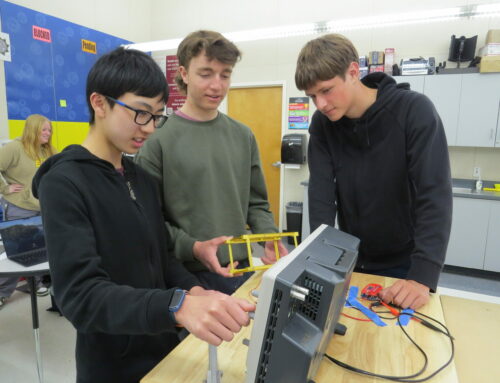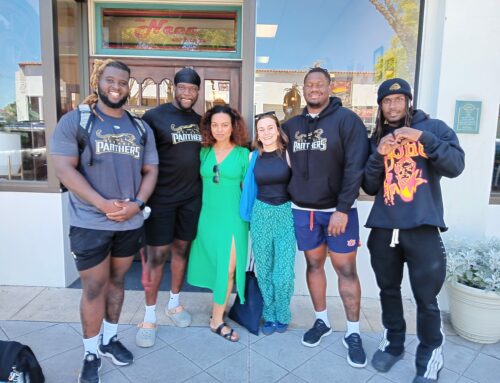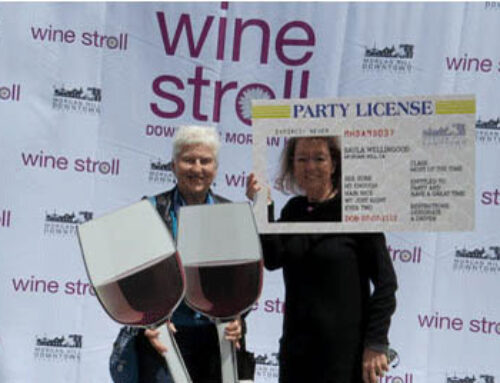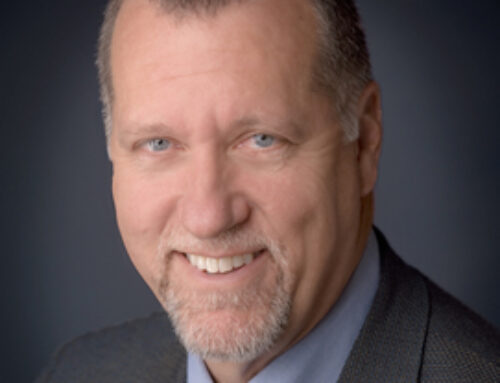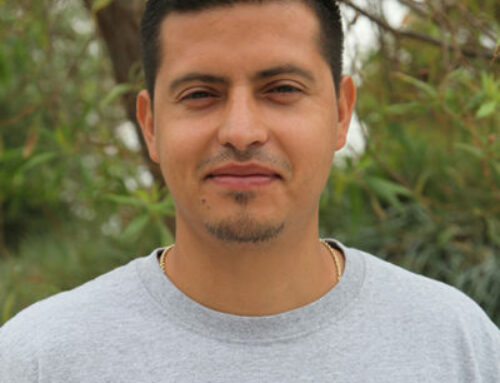Most impactful element of the experience was a mock council meeting conducted by class members.
![]()
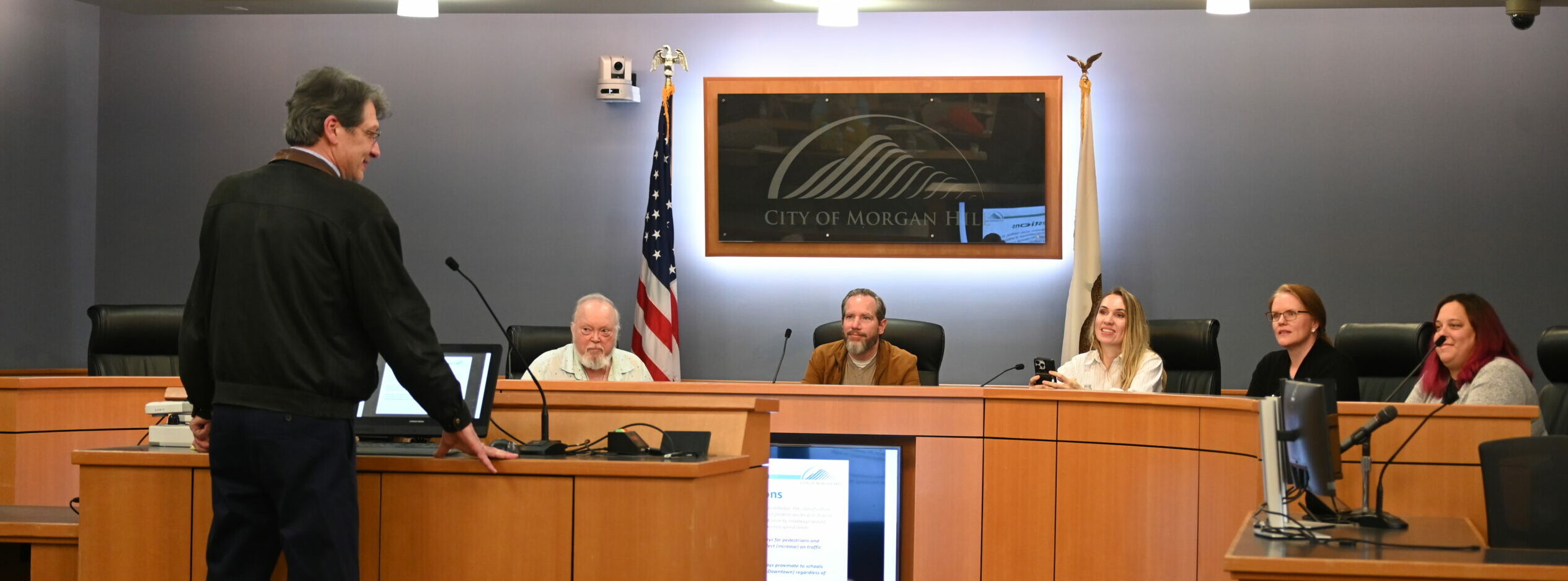
By Calvin Nuttall

Calvin Nuttall
If you’re like me, local government has sometimes been an afterthought at the ballot box. As something I understood little about, it always played second fiddle to the big-ticket items like national and state elections. Thankfully, Leadership Morgan Hill has helped to dispel the fog of enigma around local government and how it operates.
Leadership Morgan Hill is a nonprofit that provides a series of courses designed to educate local residents on the issues and institutions that underpin Morgan Hill life, to empower them to better serve the community themselves. Anyone can sign up to join Leadership — I joined as a way to get to better know the community I serve as a reporter. My classmates are a stunningly diverse group of motivated individuals with community service in their hearts.
LMH includes an all-day crash course on local government as part of its curriculum. While waking up at the crack of dawn to attend what is essentially a civics class on steroids may not sound like your idea of fun, the day was action-packed.
It began where the rubber meets the road, figuratively and literally for many of the city’s behind-the-scenes personnel. Tucked out of the way on Edes Street, the Corporation Yard is the base of operations for the Public Services department, and the home for much of the city’s heavy equipment from school buses to sewer maintenance vehicles.
There, we met Christina Turner, the city manager. While you might think of the mayor and city council as being at the top of the hierarchy, it is this official who does the heavy lifting of running the city. Turner gave the class a broad breakdown of the city government, delivering what one LMH class member described as “eight hours’ worth of information in 30 minutes.”
Afterward we spoke with personnel from the Public Services department. I was struck by how few people are responsible for some of the city’s core functions. For instance, the Utility Services Division, which manages all of our water and wastewater systems, is made up of only 33 people. The Maintenance Division, which is responsible for keeping up roads, sidewalks, gutters, street signs, and traffic lights, consists of 12 full-time staff.
In order for this seeming skeleton crew to manage the needs of Morgan Hill’s more than 45,000 residents, they must leverage technology. To show us how, staff trotted out their favorite toys. This included a monstrous Terminator-esque remote-controlled mowing machine that promises to give me nightmares for years to come. Its sibling, an adorably tiny robot, is designed to inspect the interior of sewer pipes.
Handed over to the Parks and Recreation department, we learned from Public Services Director Chris Ghione it’s “the most fun department in the city, by far.” He treated us to a tour of the Centennial Recreation Center and across the road the Community Park, including its crown jewel, the Magical Bridge Playground. A partnership between the city and the Magical Bridge Foundation created this popular inclusive playground.
 The second half of our day brought us to the beating heart of Morgan Hill’s public administration, City Hall. We met Mayor Mark Turner, Councilmember Rene Spring, and others who explained their duties and waxed poetic about their leadership styles.
The second half of our day brought us to the beating heart of Morgan Hill’s public administration, City Hall. We met Mayor Mark Turner, Councilmember Rene Spring, and others who explained their duties and waxed poetic about their leadership styles.
The most impactful element of the experience was a mock city council meeting conducted by LMH class members. We held an ad-hoc election to select the mayor and council members. (Well, not really. We just pressured and cajoled certain members until they stepped up.) The rest of us played the role of the public citizens.
If you have never been to a city council meeting, or if the last time you did was for your high school civics class, you should attend. They’re usually held at 6p.m. the first, third, and fourth Wednesdays of each month, in the City Council Chamber Building. You’ll find them an enlightening experience of democracy in action.
City council members are not professional politicians. These elected officials work part-time with minimal compensation. They meet once a week at best, and are asked to make sweeping decisions about the direction of the city, often with little or no public input. These public servants rely on community feedback to gauge the will of the people.
There are endless ways for members of the public to become involved in the process. Even though local elections may not come with the drama and glamor of national politics, their results impact your community directly, and you are encouraged to lean in and have your voice be heard.
Calvin Nuttall is a Morgan Hill-based freelance reporter and columnist.


